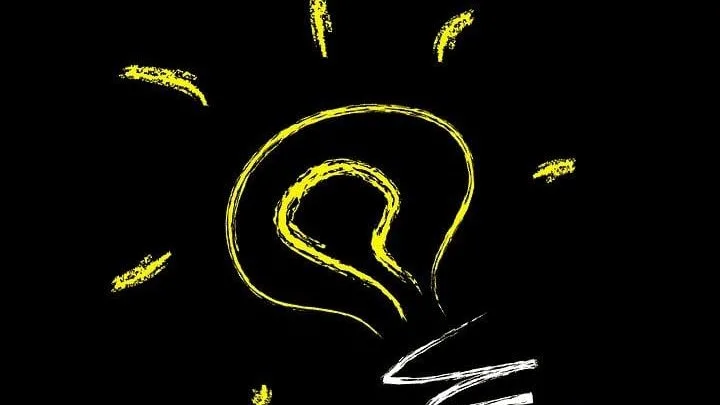If you are or want to be a Frontier Communications customer, you’re probably wondering how you can save money on your Frontier Communications bill. If you have phone or Internet service from Frontier… we have an answer!
Save Money on your Frontier Communications bill with the Lifeline Subsidy!
Because Frontier Communications offers Internet service for as low as $19.99 (before subsidy), Frontier customers can potentially pay just $10.74 for their Internet services!
For $10.74, you’ll receive the Simply Broadband Max program with internet speeds of up to 6 Mbps. There is no contract and you’ll get a free Wi-Fi router.
Unfortunately, the fine print has a few caveats. For example, this plan is not available in Texas, Florida or California. Also, the website indicates that you may be offered a $50 Amazon gift card with a two-year contract, so please be aware that the price increases by about $15 after one year!
Speeds range from 1.6 Mbps to 6 Mbps, which makes their claim of 6 Mbps rather misleading. In fact, they admit that the 6 Mbps claim is”based on Frontier lab validation under ideal network environment simulating “best case scenario” without network congestion, other factors cause by consumer behavior, or factors caused by third-party providers’ behaviors. Consumers may not be able to replicate the performance shown in the performance metrics.”
Frontier Communications does offer two additional plans that are significantly faster. You could upgrade to the 12 Mbps Ultra plan or the 24 Mbps Ultimate plan for a higher monthly payment.
Although there are no contracts for these plans, the price does increase after the first year. Even with the subsidy, the cheapest plan will increase to $25.74 after the promotional period ends. This is one good reason to avoid signing that two year contract, no matter how much you want that $50 Amazon gift card.
Please note that not all speeds are available in all areas.
What is the Lifeline subsidy?
The Lifeline subsidy is a $9.25 month payment made by the FCC to your Internet or phone provider. To qualify for the subsidy, you must be able to certify that you or someone in your household currently receives benefits from one of these programs:
- Medicaid (also known as Apple Health)
- Supplemental Nutrition Assistance Program (SNAP) formerly Food Stamps
- Supplemental Security Income (SSI)
- Federal Public Housing Assistance (Section 8)
- VA Veterans Pension (Supplemental Income for Wartime Veterans)
- VA Survivors Pension
You can read more about the Lifeline Subsidy and other discounted Internet providers here.
Never heard of Frontier Communications?
We hadn’t heard of this company before we investigated their programs for one of our readers. Frontier Communications is actually available in 29 states, predominantly in rural areas.
You may be able to receive service from Frontier if you reside in:
- Alabama
- Arizona
- California
- Connecticut
- Florida
- Georgia
- Idaho
- Illinois
- Iowa
- Michigan
- Minnesota
- Mississippi
- Montana
- Nebraska
- Nevada
- New Mexico
- New York
- North Carolina
- Ohio
- Oregon
- Pennsylvania
- South Carolina
- Tennessee
- Texas
- Utah
- Washington
- West Virginia
- Wisconsin

